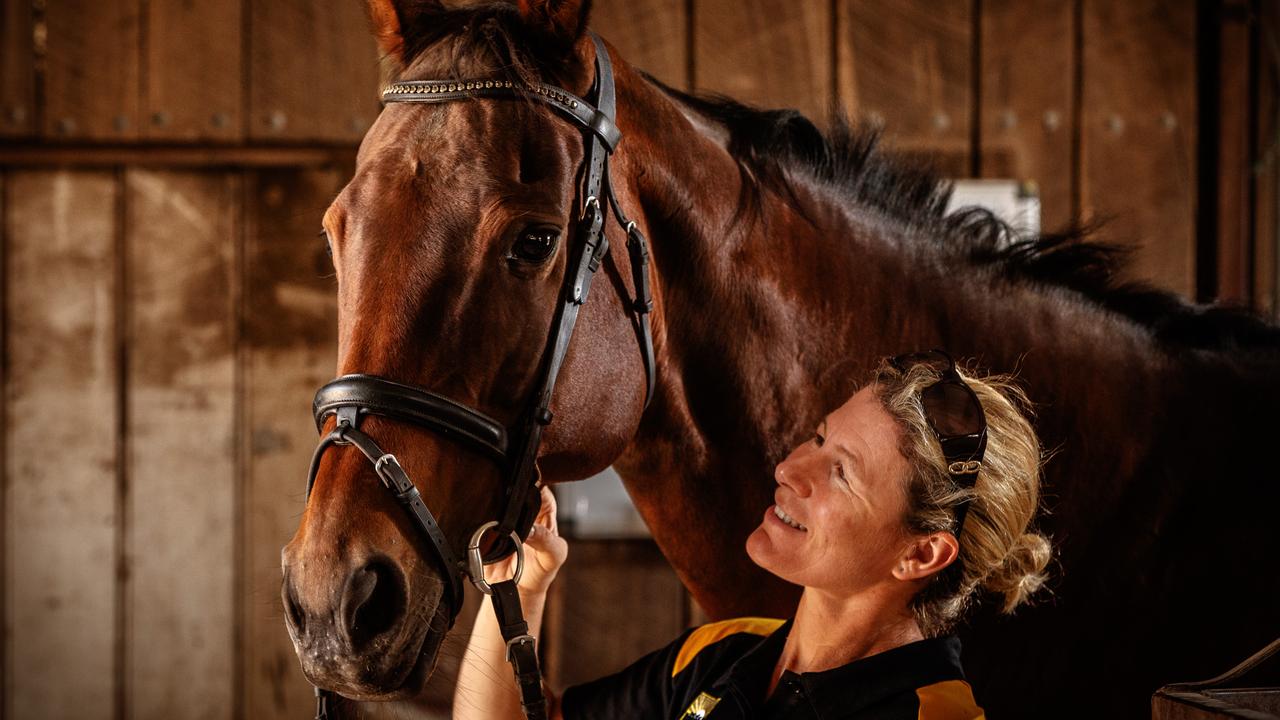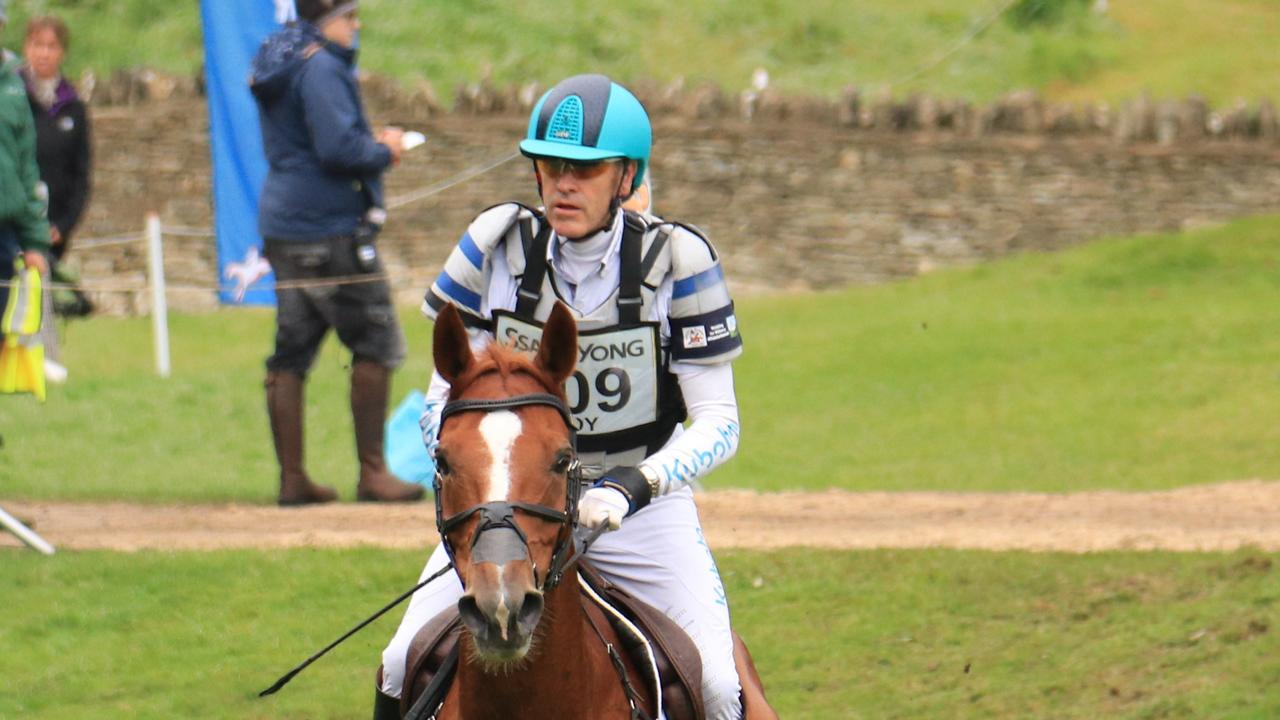Equestrian Australia to avoid liquidation with state branches expected to vote for change
Equestrian Australia’s state branches are expected to put aside their grievances and agree on constitutional changes that will pave the way for reform of the sport’s embattled national body.

EQUESTRIAN Australia looks set to avoid liquidation with five of the sport’s six state branches expected to vote in favour of constitutional changes proposed by its administrators at a special meeting tomorrow that will pave the way for reform.
The sport’s federal governing body was placed into voluntary administration three months ago by its diminished four-person board following the shock withdrawal of its funding from Sport Australia in protest over years of governance issues and board instability.
Tomorrow’s meeting will see the state branches vote on constitutional changes that will dilute their power by extending each of the sport’s 18,000 members a voting right. Currently the state branches control 100 per cent of the voting rights.
The proposed model is designed to democratise the sport, which was outlined as a necessary step towards regaining the faith, and funds, of Sport Australia and reaccreditation with the Australian Olympic Committee.
Matt Miller, who was elected as an independent chair of the state branches’ governance committee and who is a former chief executive of Sport Australia, said five of the six state branches have agreed to administrator KordaMentha’s proposal of a “double majority”, whereby 75 per cent of members and five of the six states have to agree on a proposed change.
Equestrian Queensland is expected to abstain from voting.
This is a departure from KordaMentha’s previous proposal of “one member, one vote” that the state branches broadly saw as “unworkable” and were expected to veto, which would seen EA wound-up.
“I’ve landed from Mars on this, I’m not linked to equestrian. (But) I quickly proposed to KordaMentha that this is a long haul thing, requiring 12 to 24 months of reform. The one sticking point was “one member, one vote’, it’s just not going to fly. We had to negotiate something that would fly that gave members a greater voice … but something that provided a far more balanced perspective because there’s a lot more to running a sport than member interest,” Mr Miller said.
“Tomorrow is a really important day, they’ve been highly dysfunctional for many years,” he said.
Mr Miller said equestrian sport in Australia was highly factionalised and this had been a driver of dysfunction. The veteran sports administrator said there was a shared view that it was time to set aside the factional interests and past legacies of dysfunction and to come together and reform the sport, and KordaMentha’s administration had played a key role in enabling this.
While unity appears to have been found among the state branches to avoid EA’s liquidation, division remains, and some have little hope in the administrators’ plan for reform.
Equestrian Tasmania chair Tim Williams said he personally had little faith in the administrators’ plans that he believed failed to address EA’s structural flaws.
“The problem has been the structure of the board to effectively administer the sport, it has never been a personality issue. You have three sports; show jumping, dressage and eventing. None of the present changes fix any of (EA’s) fundamental problems. We’re back to where we were before we started,” Mr Williams said.
The special general meeting will be held at 2pm on Tuesday. If KordaMentha’s constitutional changes are adopted, the next step will be for administrators Craig Shepard and Kate Conneely to appoint a new board. Nominations for board positions have now closed and it is expected the new board will be announced in late October.
MORE
SECRECY, INSTABILITY AND BUREAUCRACY BLAMED FOR EQUESTRIAN AUSTRALIA’S DOWNFALL



